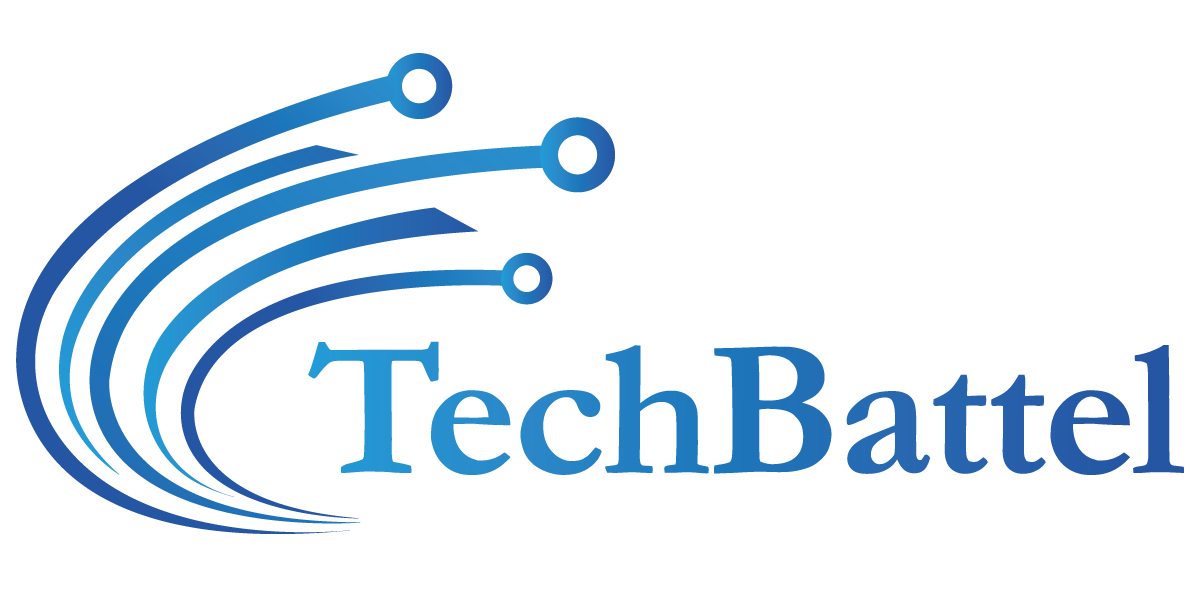Maintaining efficiency and competitiveness are essential for success in the fast-paced, changing corporate environment of today. Software for enterprise resource planning (ERP) has become a potent tool for streamlining operations, improving decision-making, and optimizing resource use in a variety of businesses. ERP software is fundamental in changing how firms run, from manufacturing to healthcare. We will examine how ERP software serves many industries and enables them to prosper in the digital era in this extensive post.
- Manufacturing Industry
One of the first sectors to use ERP software was manufacturing for good reason. Manufacturing ERP systems enable seamless coordination of the supply chain, inventory management, and production processes. Higher profit margins are the outcome since production costs are decreased, and efficiency is raised.
Additionally, ERP software gives producers real-time visibility into inventory levels, enabling them to manage ideal stock levels, cut waste, and avoid overstocking or understocking problems. This results in increased customer satisfaction and prompt order fulfillment, two essential elements in a fiercely competitive sector.
Additionally, by detecting equipment problems before they become serious breakdowns, manufacturers can save downtime by using ERP’s predictive maintenance capabilities. This not only reduces the cost of maintenance but also guarantees continuous production schedules.
- Retail Industry
Providing clients with the correct goods at the right time is essential to the retail sector’s success. ERP software is essential to this project since it assists retailers in efficiently managing their inventories. Retailers can use ERP to manage inventory levels in real time, examine sales trends, and make data-driven choices regarding product reordering and stocking.
By collecting and analyzing customer data, ERP systems also allow merchants to provide individualized shopping experiences. This makes it possible to run customized marketing campaigns and discounts, which boosts client loyalty and boosts sales.
ERP software is especially useful in the fast-paced e-commerce industry. It automates order processing, payment, and delivery to make sure clients get their products as soon as possible. Additionally, it interfaces with multiple e-commerce platforms, improving the online purchase process and minimizing operational errors.
- Healthcare Industry
ERP software has a big effect on the healthcare industry, where patient care and regulatory compliance are crucial. For instance, pharmaceutical ERP software helps businesses adhere to stringent regulatory requirements while preserving production effectiveness.
Complex procedures like batch tracking, quality control, and compliance reporting are managed with the aid of these ERP systems. This guarantees that pharmaceutical firms can supply safe and effective pharmaceuticals to patients while adhering to industry standards.
Healthcare providers can also use ERP to streamline their financial and administrative processes. This involves handling invoicing and insurance claims, setting up appointments, and monitoring patient data. This decreases paperwork and lowers mistakes, enhancing the overall standard of healthcare services.
- Financial Industry
ERP software is essential in the financial industry, where data security and accuracy are of the utmost importance. Banks and other financial institutions use ERP systems to manage their basic banking activities, such as account administration, transaction processing, and risk assessment.
The management of complicated activities, such as batch tracking, quality control, and compliance reporting, is aided by ERP software. This guarantees that pharmaceutical firms can supply safe and effective pharmaceuticals to patients while adhering to industry standards.
Additionally, financial organizations are able to follow stringent regulatory standards due to ERP systems. They offer strong security measures to safeguard private financial information and guarantee adherence to industry standards, including Sarbanes-Oxley (SOX) and Basel III.
- Education Industry
ERP software is essential for streamlining administrative tasks and improving the learning environment in the education industry. ERP systems are used by educational institutions, including K–12 schools and colleges, to manage student records, admissions, and course scheduling.
By offering a consolidated platform for announcements, assignments, and progress reports, these systems also aid communication between teachers, students, and parents. This improves openness and participation in the educational process.
ERP software also assists educational institutions in managing their finances, including payroll, budgeting, and resource allocation. This guarantees that educational resources are utilized effectively and that educational institutions can deliver quality instruction while effectively controlling expenditures.
Conclusion
Manufacturing, retail, healthcare, finance, and education are just a few of the many industries that can profit from the adaptability and value of ERP software. The result is more efficiency and profitability because it streamlines operations, improves decision-making, and best utilizes resources.
Particularly when it comes to preserving product quality and safety, pharmaceutical ERP software is essential for guaranteeing compliance with industry-specific laws. From batch tracking to quality control and compliance reporting, it has a wide range of uses.
For more information visit Techbattel.com

